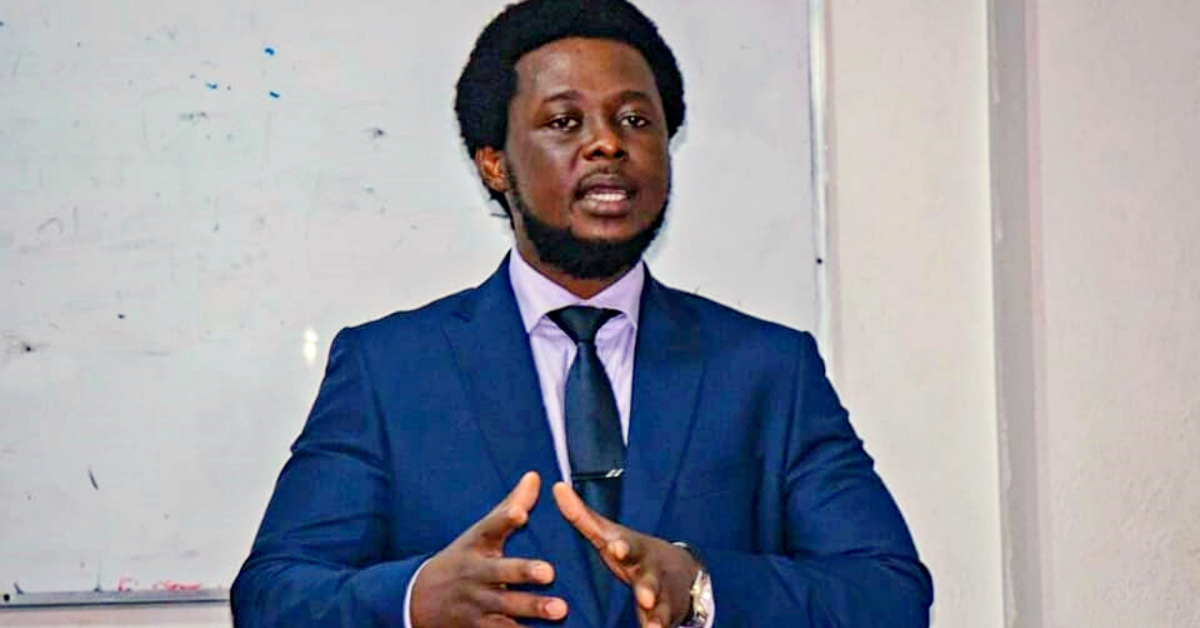Renowned anti-corruption advocate and commissioner, Francis Ben Kaifala, has raised a thought-provoking question that resonates deeply with today’s societal climate:
Why do individuals who dare to confront corruption often find themselves devoid of support? Is this lack of solidarity rooted in their moral stance, while others are too entrenched in the benefits of corruption to lend their voices?
Com. FBK’s inquiry challenges us to reflect on the complex dynamics that characterize the fight against corruption. Those who stand up against it often face immense pressure and isolation, raising important considerations about human behavior and societal values.
When individuals confront corrupt systems, they not only challenge established norms but also threaten the interests of those who benefit from unethical practices. This unwillingness to support anti-corruption efforts may stem, in part, from fear—fear of backlash, ostracism, or even repercussions from those in power.
Additionally, many people may remain passive due to a lack of awareness or understanding of corruption’s multi-faceted nature.
The obscured lines between right and wrong can lead to complacency, where individuals are either unaware of their complicity or are unconvinced that their support can lead to meaningful change.
For a transformative shift to occur within society, it is crucial to cultivate a culture that champions integrity and accountability.
Creating avenues for dialogue, promoting education on the repercussions of corruption, and fostering solidarity among those who speak out can empower more individuals to join the cause.
In essence, Com. Francis Ben Kaifala’s inquiry serves as a rallying cry for society to recognize the vital role of collective action in the struggle against corruption. It prompts us to consider:
How can we nurture an environment where standing up for what is right is met with support rather than isolation? Only by fostering unity and resilience can we hope to dismantle the pervasive influence of corruption and pave the way for a more just society.











